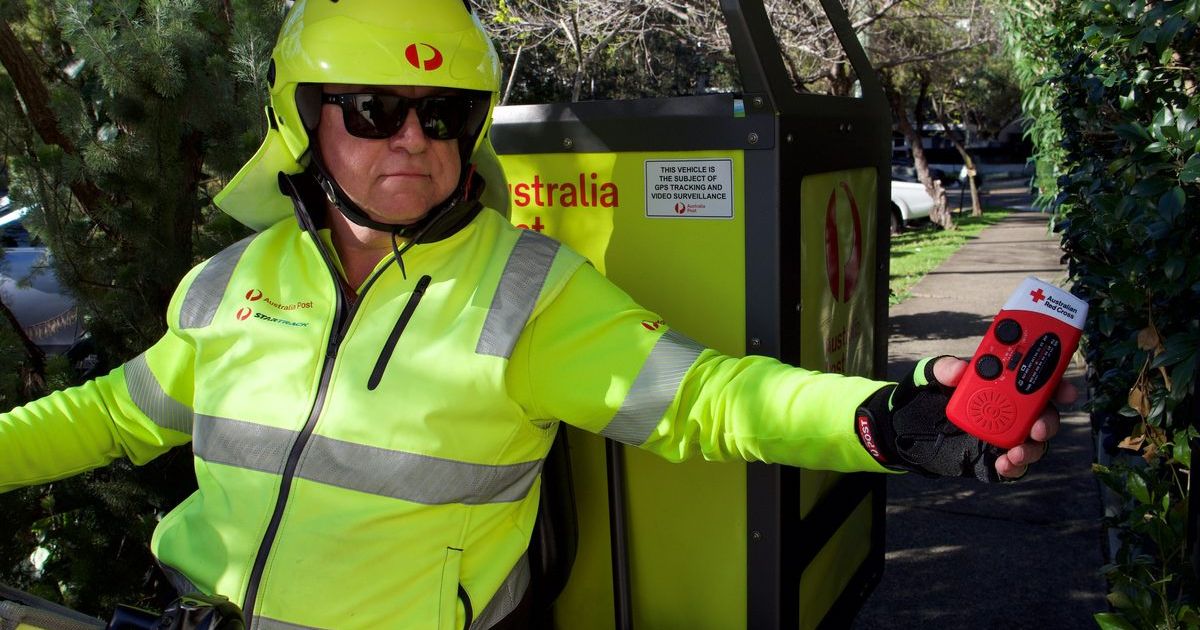Projects on past get state nod

Team effort: Sue Parker and Margaret Phyland were two of several locals to receive commendations for their recent historical projects, which were presented by Judy Maddigan. Photo: SUPPLIED
BALLARAT’S history buffs were given their time in the spotlight during this year’s Victorian Community History Awards, with five local projects receiving commendations.
Presented by Public Record Office and the Royal Historical Society of Victoria, the distinctions were announced earlier this month during a ceremony at the Arts Centre Melbourne.
Federation University senior lecturer Dr David Waldron received commendations as project lead for two recurring initiatives, a live roleplaying game William Bailey’s Haunted Mansion first performed during the Ballarat Heritage Festival in 2022, and long-running podcast Tales from Rat City.
He said both projects are about using unique methods to highlight the region’s history.
“This is looking at innovative ways to approach heritage engagement particularly with an eye to reaching younger people,” he said.
“Haunted Mansion is like Critical Role only it’s a group of actors playing a mystery set in Ballarat in the 1890s where we thread a fictional story around actual newspaper articles and the anxieties of the time.
“Tales from Rat City started in 2018 and was really motivated by an anthology I published, Goldfields and the Gothic. It’s all about bringing Ballarat’s darker history to the forefront with a focus on marginalised communities and forgotten stories.
“It’s good we’re seeing recognition for innovative approaches to heritage and history. We really need to be pushing innovation and collaboration around both the light and dark sides of history.”
Commendations were also awarded to Lucinda Horrocks for her journal article Discovering an Archive, as well as to the Ballarat and Bendigo writers of article Not Invisible, Not silent, Not Nameless.
Sebastopol Historical Society were also acknowledged for their book Sebastopol School Days which charts the 150-year history behind the town’s institution for primary-aged students.
Released to coincide with the milestone celebration, co-author Sue Parker said the work, like many of the other commendations, highlighted the collaboration involved in unearthing regional stories.
“It was seven months for myself and Margaret Phyland, who’s a librarian by trade and she worked industriously at Public Records Victoria,” she said.
“We would’ve interviewed two dozen people between us. We relied a lot on community contribution, people’s memories, and the school’s great resources.
“We’re pleased for the recognition as a whole for the community because it really was a community effort to tell a story about a resilient and resourceful school doing the best for their kids.”


















